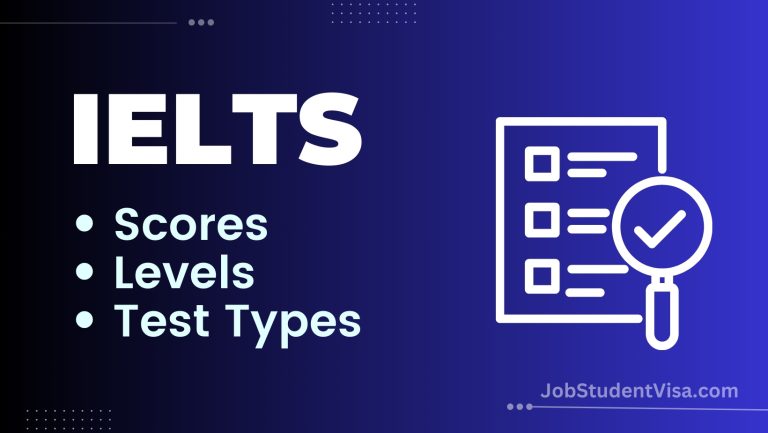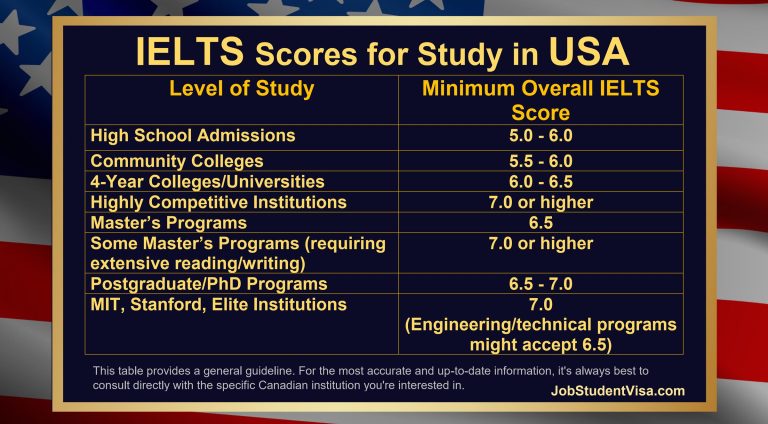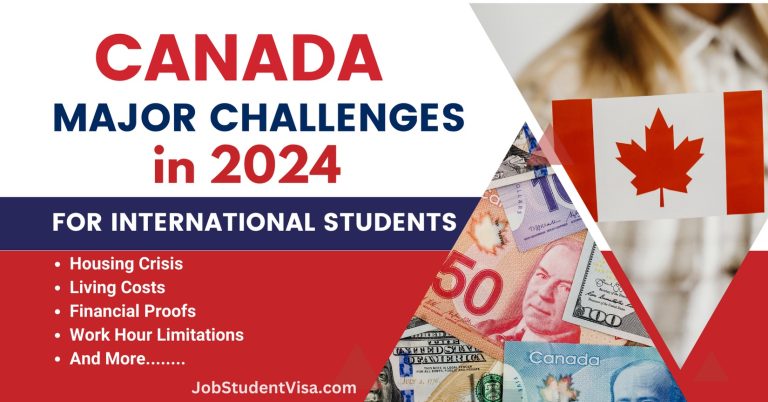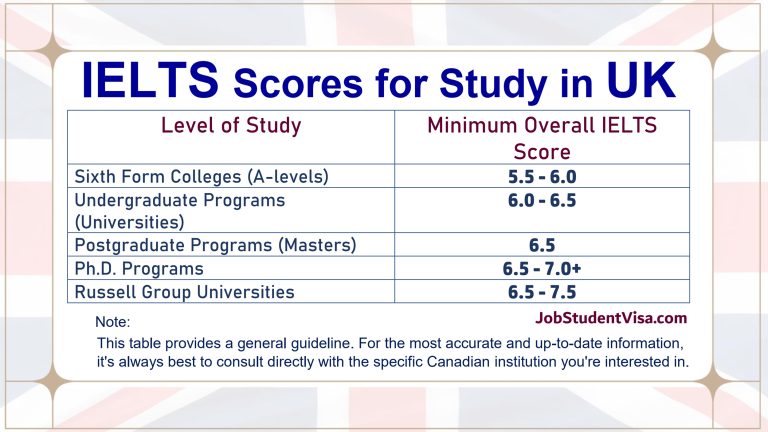Working Policy for International Students in Finland and Income Range
Detailed Overview of Working Policy for International Students in Finland
Finland, renowned for its world-class education system, offers a welcoming environment for international students, complemented by favorable working policies. These policies are designed to ensure that students from abroad can not only pursue academic excellence but also gain valuable work experience during their stay. This article provides a detailed overview of the working policy for international students in Finland, delving into aspects such as working hours, income range, and sector-specific opportunities. Understanding these policies is crucial for international students planning to work part-time, as it helps them balance their studies with work, and immerse themselves in the Finnish culture and work environment.

Part-Time and Full-Time Work During Studies in Finland
- Part-Time Work Limits: International students in Finland with a study-based residence permit can work up to 30 hours per week. This regulation allows students to balance work and studies effectively. The policy applies to any field, offering flexibility for students to choose jobs relevant to their studies or interests. This 30-hour limit is an average, calculated over the year, providing some flexibility for students to work more some weeks and less in others, as long as the average is maintained. Source Source
- Full-Time Work During Semester Breaks: While specific guidelines for full-time work during semester breaks are not explicitly stated, the weekly average of 30 hours suggests that students could potentially work full-time during these periods, provided they reduce their working hours at other times to maintain the average.
- Differences Based on Nationality: For EU/EEA citizens studying in Finland, there are no restrictions on work hours, allowing them to engage in part-time or full-time employment without any regulatory constraints. However, non-EU/EEA students must adhere to the 30-hour weekly limit, reflecting the Finnish government’s intention to ensure that studies remain the primary focus for international students. Source
Income Range for International Students in Finland
- Salary Expectations: In Finland, salaries for part-time jobs vary based on the sector and working hours. While there is no national minimum wage, entry-level jobs typically offer between 7 to 8 euros per hour. Students can expect to earn slightly more, typically between 9 to 13 euros per hour. These earnings can vary significantly depending on the field of work, with technical sectors like software engineering and IT often offering higher wages. Additionally, working during evenings or on Sundays can lead to higher pay due to shift differentials. Source
- Average Monthly Income: The average monthly income from part-time work for international students in Finland is approximately €2,500. This figure gives a general idea of what students can expect to earn, but actual earnings can vary based on factors like job type, hours worked, and individual employer policies. Students find opportunities in various sectors including retail (supermarkets), hospitality (hotels, restaurants), tourism (tourist cabins, saunas), and entertainment (movie theatres). Source
Here’s a table summarizing the part-time work sectors in Finland for international students, including income ranges, typical roles, and key considerations for each sector:
| Sector | Income Range (per hour) | Typical Roles | Key Considerations |
|---|---|---|---|
| Restaurant and Catering | 9 to 13 euros | Dishwashing, waiting, kitchen help | Hygiene passport often required |
| Cleaning Services | 9 to 13 euros | Cleaning in various locations | Stable, respectable work |
| IT and Software Engineering | Potentially higher than other sectors | Software development, IT support | Relevant skills highly beneficial |
| Delivery Services | 9 to 13 euros | Food, newspaper delivery | Flexible hours, independent work |
| Healthcare | Varies | Support roles in healthcare facilities | Finnish language skills may be necessary |
This table provides a clear overview of the options available for international students seeking part-time employment in Finland. It highlights the income range, types of jobs typically available in each sector, and important factors to consider when choosing a sector.
Work Policy During Semester Break in Finland
- Flexibility and Averaging Hours: The Finnish work policy for international students is designed to be flexible, allowing students to potentially work more hours during semester breaks. This flexibility is crucial for students who wish to earn more during times when they do not have academic commitments. The key is to balance the workload over the course of the year to adhere to the 30-hour weekly average.
Post-Graduation Work Policy in Finland
- Extended Residence Permit: Following graduation, non-EU students are eligible to apply for an extended residence permit, which can be valid for up to two years. This policy is aimed at facilitating graduates’ transition into the Finnish workforce or entrepreneurship. It provides a substantial period for job searching or business setup without the immediate pressure of leaving the country upon completion of their studies. Source Source
- Continuous Residence Permits for Ease of Transition: Finland’s recent shift to issuing “continuous” residence permits throughout the duration of a student’s studies simplifies the process of staying in Finland post-graduation. This approach is part of a broader strategy to retain international talent and simplify bureaucratic procedures, making Finland an attractive destination for international students and potential future employees. Source
Additional Considerations for International Student Workers
- Challenges in Job Market: While Finland offers numerous opportunities, international students may face challenges in finding employment, especially if their field of study does not directly lead to job opportunities. Additionally, language barriers can be a significant hurdle, as many positions, particularly outside major cities, may require proficiency in Finnish or Swedish.
- Utilizing University Resources and Job Portals: To navigate the job market, students are encouraged to use their university’s career services, which can provide tailored advice and resources for job searching. Websites like Work in Finland and Jobs in Finland are valuable resources for finding open positions suitable for international talents. Additionally, platforms like InfoFinland offer general advice and tips on employment searching strategies in Finland.
In summary, Finland’s work policy for international students is designed to provide a balanced and flexible framework, supporting their academic goals while allowing them to gain valuable work experience and earn a living. The policies reflect a blend of regulatory guidance and practical support, aiming to enhance the overall experience of international students in Finland.






